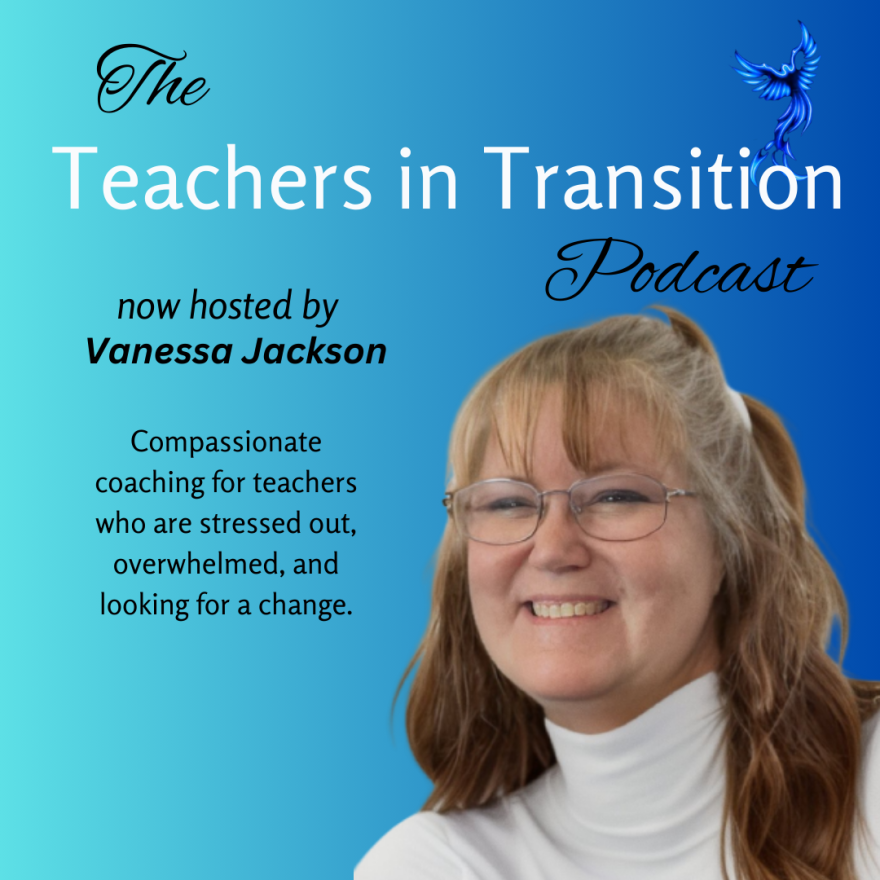Vanessa Notes
This weekend we spent time with family. It is something we try to do every year around this time to remember and memorialize a beloved family member. This year we met and brunched at her favorite restaurant and then collectively went and participate in one of her favorite activities - we painted ceramics. Was it easy? No. We probably logged 500 miles to do this. Was it worth it? Absolutely. I can't wait until next time.
These sorts of painting opportunities - a ceramics place, maybe one of those paint-night-with-a-twist sorts of things is such a great activity. I got to focus on what I was doing, but the conversation flowed freely and felt unhurried, and we got to enjoy time with each other. When the afternoon ended, we all had this memento that we will take home and remember this lovely afternoon.
I plan to make more time for activities like this because it is restorative and allows us to prioritize time with those we treasure. You will never regret those sorts of times. I never do.
Creating an Effective Bedtime Routine: Your Path to Restful Sleep
As the school year kicks off, transitioning back into the daily grind can be exhausting. One of the best ways to combat this fatigue is by establishing a consistent bedtime routine. Surprisingly, the routines that we once considered childhood punishments—like going to bed early or tidying up—have become essential life goals.
Why a Bedtime Routine Matters
A well-structured bedtime routine signals your brain that it’s time to wind down, making it easier to drift off to sleep. If you're like me, falling asleep can be a challenge with thoughts of unfinished tasks and tomorrow’s to-do list swirling around. Sleep often has to sneak up on me like a ninja with a sleepy sheep!
Build and Customize Your Routine
Remember, there’s no one-size-fits-all routine. You need to experiment and find what works best for you. For example, some people swear by a nightly shower, while others prefer to wash up in the morning. The key is finding what helps you relax and prepares you for a good night’s sleep.
To help you get started, here are a few categories to consider when creating your routine:
-
Personal Care:
- Take a shower.
- Brush your teeth.
- Wash your face and moisturize.
- Take any prescribed nighttime medication.
-
Morning Prep:
- Lay out your clothes for the next day.
- Prepare any items you need to take with you.
- Prefill your water bottle.
- Set up the coffee maker.
-
Sleep Environment:
- Ensure pets and other household members are settled.
- Manage electronics (consider keeping them out of the bedroom).
- Adjust the room to your liking (temperature, lighting, noise level).
-
Personal Relaxation:
- Read a book.
- Journal or "brain dump" your thoughts.
- Stretch or meditate.
Making It a Habit
Once you’ve identified the elements of your routine, put them in order and practice them consistently. Before long, it will become second nature, helping you drift off more easily each night.
The Secret Sauce to Make it Work
Set an alarm for the time you want to start your routine. This reminder helps you wrap up your evening activities and transition smoothly into your bedtime routine.
Cool Resource:
I have a simple tool that can help you start to craft your own bedtime routine. Click here to check it out. You'll also get a list of all the ways sleep will help you in this new school year.
Podcast
Here's the latest issue of the podcast

and CONNECT WITH ME
Our Facebook Group: https://www.facebook.com/groups/2157926494599651
LinkedIn: https://www.linkedin.com/in/vanessajackson78132/
Podcast Homepage: https://teachersintransition.buzzsprout.com
|